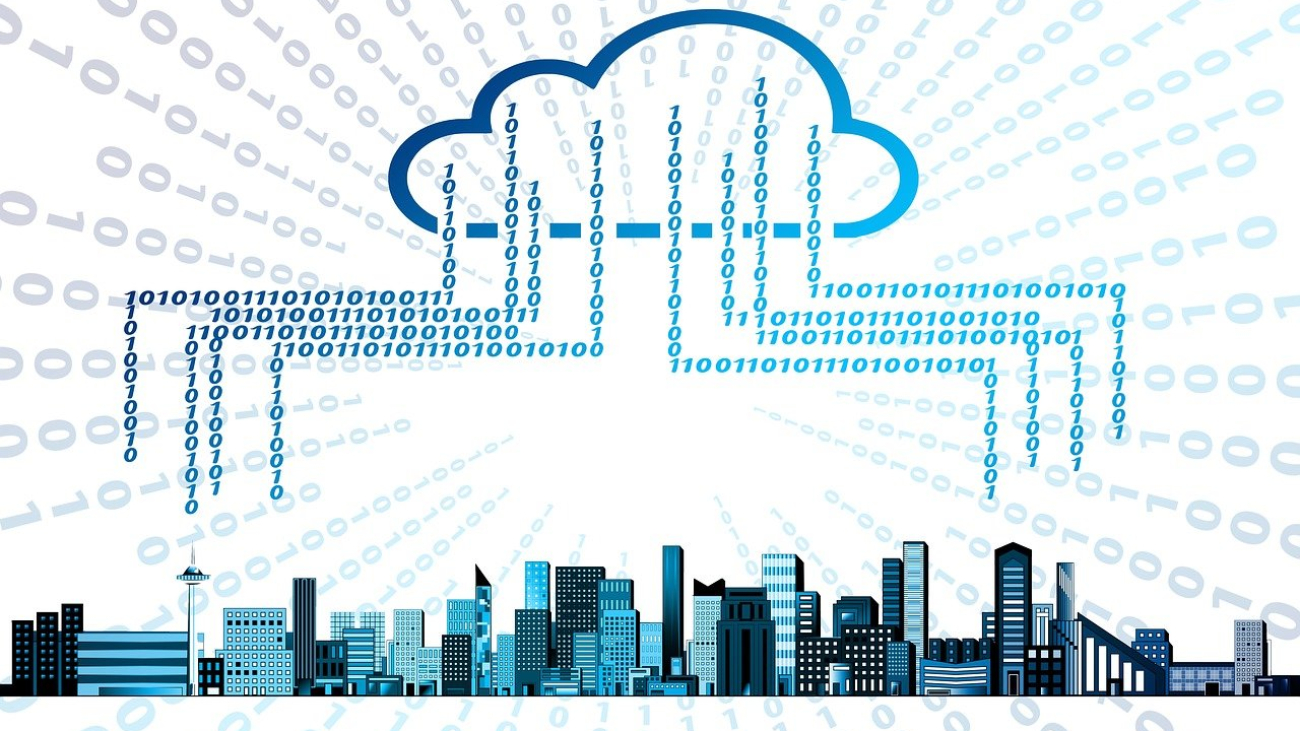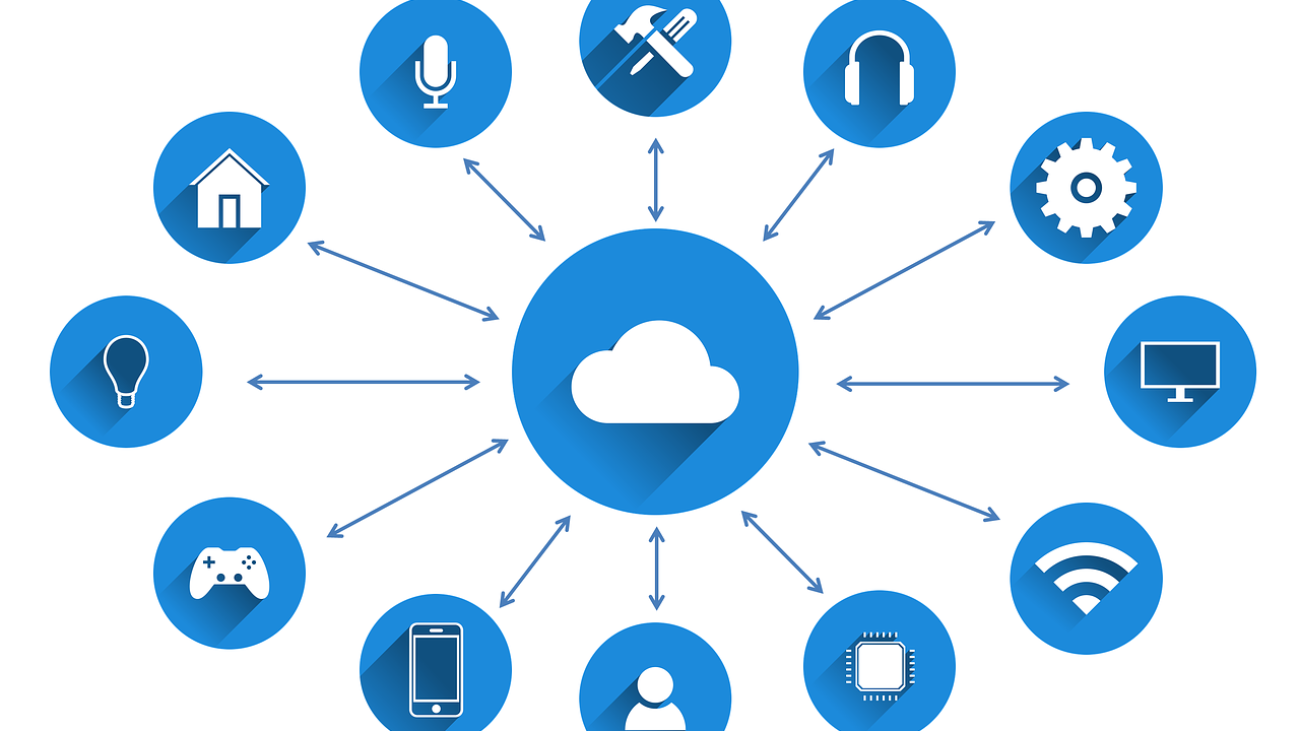Unleashing the Power of Cloud Computing: A Game-Changing Technology for the Future
In today’s fast-paced digital age, cloud computing has emerged as a game-changing technology that revolutionizes the way businesses and individuals access, store, and process data. With its scalable and flexible nature, cloud computing has become an integral part of modern technological infrastructure. In this article, we will explore the concept of cloud computing, its benefits, and its impact on various industries.
Understanding Cloud Computing
At its core, cloud computing refers to the delivery of computing services, including storage, servers, databases, networking, software, and analytics, over the internet. Instead of relying on local servers or personal computers, users can access these resources remotely through the internet, effectively shifting the burden of infrastructure management to cloud service providers.
Types of Cloud Computing
Cloud computing is commonly categorized into three main types: Infrastructure as a Service (IaaS), Platform as a Service (PaaS), and Software as a Service (SaaS).
- IaaS: IaaS provides virtualized computing resources such as virtual machines, storage, and networks, allowing businesses to build their own infrastructure within the cloud. This offers flexibility and scalability without the need for physical hardware.
- PaaS: PaaS offers a platform for developers to build, test, and deploy applications without the need to manage the underlying infrastructure. It provides a complete development and deployment environment, enabling faster application development and deployment.
- SaaS: SaaS allows users to access software applications over the internet on a subscription basis. Users can use the software without worrying about installation, maintenance, or infrastructure management.
Benefits of Cloud Computing
Cloud computing offers several advantages that have propelled its widespread adoption across industries:
- Scalability: Cloud services can scale up or down based on the specific needs of businesses, allowing them to quickly adapt to changing demands without upfront infrastructure investments.
- Cost Efficiency: By eliminating the need for on-premises infrastructure, businesses can reduce capital expenditures and only pay for the resources they consume. This cost-effective model enables businesses to allocate resources more efficiently.
- Flexibility and Accessibility: Cloud services can be accessed from anywhere with an internet connection, empowering businesses and individuals to work remotely and collaborate seamlessly. This flexibility enhances productivity and enables global connectivity.
- Reliability and Security: Cloud service providers invest heavily in robust infrastructure, data redundancy, and security measures. They offer regular backups, disaster recovery options, and advanced security protocols to protect sensitive data.
- Innovation and Speed to Market: Cloud computing provides a platform for rapid development and deployment of applications, allowing businesses to innovate and bring new products and services to market faster.
Impact on Industries
Cloud computing has transformed various industries, including:
- Business and Enterprise: Cloud computing enables businesses to streamline operations, improve collaboration, and optimize resource allocation. It offers advanced analytics, machine learning, and big data capabilities, enabling data-driven decision-making.
- Education: Cloud-based learning platforms provide students and educators with access to educational resources, collaboration tools, and virtual classrooms, enhancing the learning experience and expanding educational opportunities.
- Healthcare: Cloud computing facilitates the secure storage and sharing of patient records, enables telemedicine services, and enhances medical research through large-scale data analysis.
- Finance: Cloud-based financial services enable secure transactions, real-time data analysis, and compliance with regulatory requirements. It enhances operational efficiency and reduces costs for financial institutions.
- Startups and SMBs: Cloud computing levels the playing field for startups and small-to-medium-sized businesses by providing cost
-effective infrastructure and scalable resources, allowing them to compete with larger enterprises.
Embracing the Cloud
As cloud computing continues to evolve, its impact on technology and society will only grow stronger. It offers endless possibilities for innovation, collaboration, and efficiency. Embracing the cloud empowers businesses and individuals to leverage the benefits of scalable resources, flexibility, and enhanced capabilities in an increasingly digital world.


